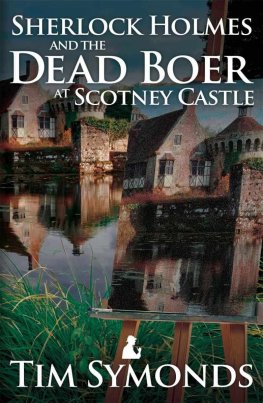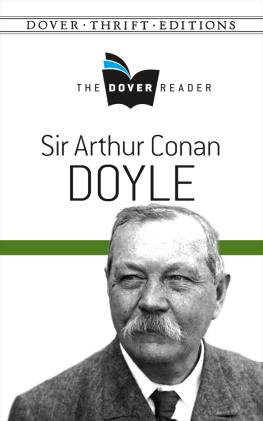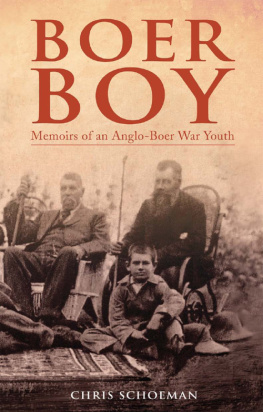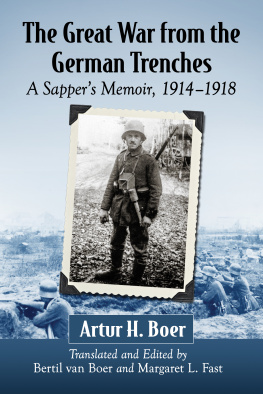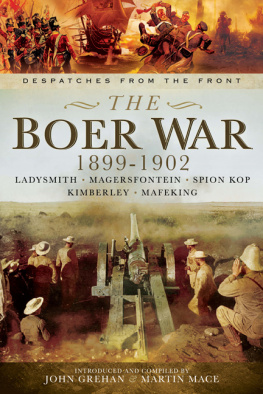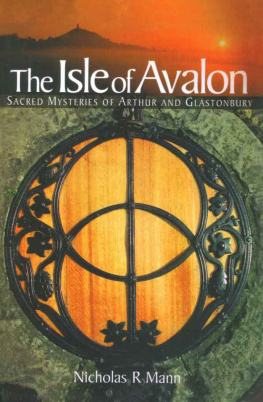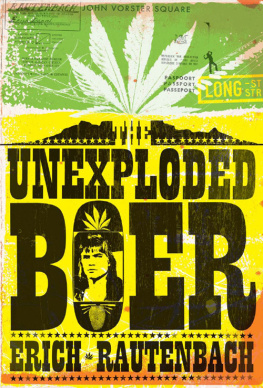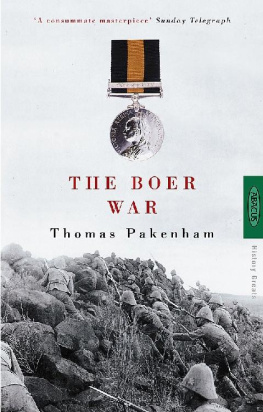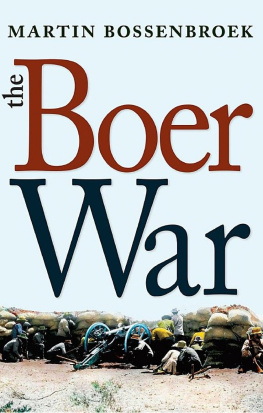THE BOER IN PEACE AND WAR
CHAPTER I
A Boer may know you, but it will take you some time to know him, and when a certain stage in your acquaintance is reached, you may begin to wonder whether his real nature is penetrable at all. His ways are not the ways of other people: he is suspicious, distant, and he does not care to show his handunless, of course, there is some pecuniary advantage to be gained. He is invariably on the alert for advantages of that description.
His suspicious nature has probably been handed down to him from preceding generations. When he first set foot in South Africa he was naturally chary concerning the native population. He had to deal firmly with Bushmen, and the latter certainly proved a source of continual trouble. The Boer set himself a difficult task when he undertook to instil fear, obedience, and submission into the hearts of these barbariansa task that could only be faced by men of firm determination and unlimited self-confidence.
These characteristics have always inspired the Boer, and although he may often have been the object of derision, it is to his credit that the predominant qualities mentioned have enabled him to pull through the miry clay. Without these qualities, it is patent that the little band which landed at the Cape long years ago would have succumbed before the conflicting forces which then existed. And as succeeding years passed on, and the sun still shone upon the heads of the pioneers, it is worthy to note that, despite the difficulties which continually presented themselves, the little band multiplied, prospered, and evolved an ensample not too mean to contemplate.
The Boer cannot be charged with any incapacity where the mere treatment of natives is concerned; he can manage that business perfectly. In the first place, he does not make the too common mistake of allowing the black populace to insert the thin end of the wedge. This is a mistake too often fraught with serious results, and the Boer knows it. A native, no matter if he be Swazi, Zulu, Basuto, or any other nationality, will always take advantage where such is offered, and he will follow it up with enough persistence to warrant ultimate success. In Natal, at the present time, this mistake is very apparent, and, in consequence, one very seldom encounters a native who is content to attire himself in any other manner than that adopted by his master. He demands decent clothing, and, if possible, it must be new and fashionable. I have known cases where a 'boy' has been presented with a respectable suit of clothes a little too small for him, and it is unnecessary to add that he disposed of that suit. People who have hitherto allowed their children to put their pennies in the Sunday School Mission box, will perhaps hesitate to continue supporting the 'poor, down-trodden native' when they learn that he is so fastidious, and perhaps, after all, their spare coppers might be assigned to a more deserving cause.
The Boer does not treat his black servants in any such fashionhe knows better. He puts them on a sound footing to begin with, and he leads them to understand that they must remain there.
This method of treatment where the natives are concerned has, to a great extent, insured the progress of the Boer in South Africa. He has laid down certain laws at the outset, and he has rigidly adhered to those laws. He employs a different method of treatment from that which is attributed to the Natal farmer and others who employ native servants. He has never allowed his original attitude towards natives to become compatible with the British idea; he prefers still to look upon them as slaves, although he is perforce required to regard them as servants. The difficulty in Natal with regard to the rapidly increasing native populace, and how to deal effectually with the question, might have arisen in the Orange Free State, for instance, were it not for the fact that the native, in comparison with the white population, is small. By a Law passed in the Volksraad some few years ago, it became compulsory for farmers to allow only a limited number of native families to remain on the farms. This created considerable dissatisfaction among both farmers and natives, and the result was that native labour approached the inadequate in a very short time. Hundreds of native families left the State, and although the Law ultimately admitted of a wider interpretation, the native populace has not materially increased. The present attitude of natives in the towns is not altogether satisfactory since the passing of this Law. Labour being scarce, they are inclined to take up an independent attitude, which, if fraught with little danger, is at least calculated to produce a certain amount of friction between white and black. Added to this, there is the fact that the education of natives, which is becoming more general, undoubtedly assists the growth of this independence. The Boer farmers in this connection adhere to their pristine view of the matter, namely, that educating natives amounts to casting pearls before swine; and although this does not tend to encourage the work of the missionary, there may possibly be a certain amount of truth in it.
Before the arrival of British subjects at the Cape, the Boer had it all his own way. He looked upon himself as practically the ruler of the country, and it was not natural that he should look with favour upon the advent of a probable rival. He lived peacefully in a waythat is, when he was not in open conflict with the natives. He killed his game and cooked it and ate it heartily, and he enjoyed a measure of happiness. He had found a home; the free-and-easy life suited him; and if he was not possessed of riches (which would have been of little value to him then), he had, at least, health and strength and an abundance of daily food.
But one day the now accursed Englishman crossed his path, and that made a considerable difference. He perhaps wondered why the English came there at all, when he was just beginning to develop a great country. But he did not, of course, know then what he knows now, namely, that the English are insatiable land-grabbers! He looked upon their advent more in the light of a huge slice of impertinence. He knew also that it was dangerous to meddle or contend with them, so he merely looked on with a suspicious eye. He watched their every movement, and he also very probably looked for the day of their departure. But they did not depart; they had come to stay.



